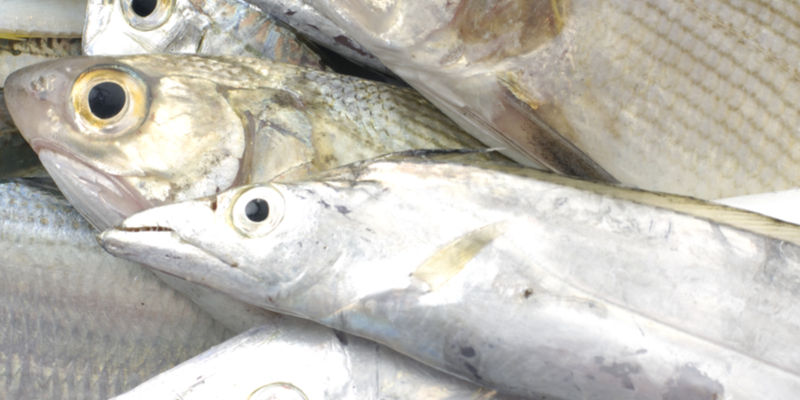The Benefits of Wild-Caught Fish
“Fish are brain food”, we’ve all heard the saying.
As trite as it is, there’s plenty of truth behind it. Fish is an important part of the nutrition pyramid – it’s a great source of a variety of nutrients that can’t be found in meat and poultry. Even though those meats contain lots of protein, fish still has the spotlight when it comes to saturated and omega-3 fats. Fish has been found to help reduce the risk of heart disease and fight some symptoms of other chronic diseases.
However, the debate continues about what is the better option for fish eaters: Wild-caught fish or farm-raised fish.
WILD-CAUGHT FISH VS FARM-RAISED FISH
Wild fish are those found in their natural habitat (open water) and have a natural food diet, which is made up of mostly algae, krill, and other smaller organisms. Farmed fish on the other hand are those that are raised in net pens and are cultured by farmers to adapt to its artificial habitat.
Farmed fish are generally less expensive than wild-caught fish and are raised with different yet controlled diet that will be converted to omega-3 fats. They also help with the ecosystem as farm-fishing greatly reduces over-fishing in the wild. However, farmed fishes can have a higher risk of contamination and they are also prone to different diseases that are contagious within the pen. Farmers usually use antibiotics to prevent this.
Wild fish are known for being expensive as more work goes into catching and transporting them. From appearance to flavour, these fish generally look and taste fresher than farm-raised fish (but this is also dependant on when they are eaten). Wild fish also tend to be more flavourful as they develop more muscles from swimming around their natural habitat; this effects the taste and texture.
HEALTH BENEFITS OF WILD CAUGHT FISH
- Rich source of multiple vitamins
Because of the natural diet that wild fish consume in the open water, they’re more likely to have nutrients and vitamins that farmed fish don’t get from processed pellets; these include zinc, potassium, iron, vitamins A and D, and B-complex.
- Omega-3 fats
Again, because of what wild fish naturally eat, the healthy fats found in them are generally in greater volume than farmed fish. However, farmed fish do get fed enhanced pellets for Omega-3 fats conversion.
- Less contamination
As mentioned before, farm-raised fish are more prone to chemical contamination due to habitat conditions. These fish can be found with chemical substances like PCBs, dioxins, and pesticides that add up to the risk of diseases. Wild fish are less likely to have these contaminants, however there is still risk of contaminants in the open water as well.
